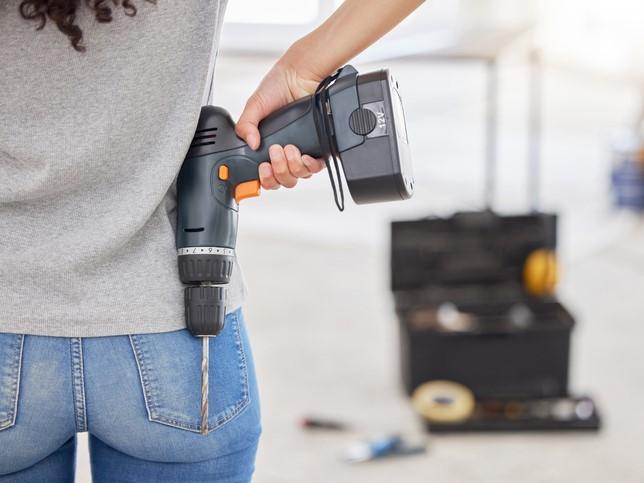
Empowering female students is essential for building an equitable future
You may also like
That women face gender-specific obstacles in higher education goes without saying; lack of access, gender stereotypes and limiting social expectations have played their part in disempowering them. It’s vital we undo the damage in order to encourage ambition and mould future leaders.
It is not just deeply rooted social expectations and academic pressure that disempower women; the fact they are often expected to balance multiple responsibilities and overperform in various areas can limit their capacity for ambition. To address this problem, institutions need to even the playing ground and nurture students’ diverse abilities and aspirations. Here are some practical strategies to inspire and prepare young women for life beyond graduation.
Mentoring by female leaders
Seeing other women being successful in prominent leadership roles can inspire students. Interaction with these kinds of role models can empower them. Structured mentoring can be a powerful tool here. Connecting students with female leaders in diverse disciplines will allow them to discuss their goals and challenges in safe environments. Mentors must foster environments that place an emphasis on learning through error, which encourages mentees to take risks safely and helps cultivate a competitive mindset that will serve them in their future careers. Through mentorship, students grow in confidence and go on to lead projects, express their opinions and participate in activities that push them outside their comfort zones.
- Resources for women in higher education
- Boosting female representation in STEM is crucial to global innovation
- Gender equality is more than a box-ticking exercise – let’s champion it
Incorporating female role models into the curriculum
Institutions must review and update courses to incorporate narratives that highlight female achievements. A programme that shines a light on the contributions of outstanding women who have overcome obstacles and made contributions in their respective disciplines will inspire female students to pursue their ambitions and encourage them to strive for more.
Overcoming gender stereotypes
Higher education institutions have a duty to promote equality, and one way they can do this is by challenging gender stereotypes in education. Encouraging young women to participate in STEAM activities such as robotics clubs, coding workshops and science fairs can promote interest and proficiency in traditionally male-dominated fields. Providing female artists with opportunities to exhibit their work allows them to make contributions to the arts. Ensuring equal access to sports facilities, coaching and competitive opportunities for girls and women at all levels fosters a culture of inclusivity and athleticism, breaking down barriers to sports.
Beyond the classroom
The impact of an empowering education should be able to transcend the classroom into women’s daily and professional lives, leading them to make informed decisions and giving them greater awareness of their rights and potential. This allows them to exercise their autonomy and make decisions that allow them to achieve their personal and professional goals.
Educational institutions play a crucial role in helping students prepare for their future careers. They can do this by facilitating connections with professionals through organising alumni networking events, career development workshops and internship and job fairs. Career development workshops equip students with essential skills for success in the job market. These should offer support with CV writing, interview techniques and personal branding, among others. Internship and job fairs offer students opportunities to explore potential career paths, interact with employers and secure internships or entry-level positions, thereby bridging the gap between academia and the professional world.
Be an agent of change
Providing an education that inspires women to strive for more is not just the responsibility of educators but of society as a whole. We can all be agents of change in our daily lives by challenging gender stereotypes, supporting young women and promoting inclusive education within our communities.
Promoting gender equality requires a collaborative approach involving parents, businesses and local authorities. Parents can challenge gender stereotypes and provide equal opportunities for their children. Businesses can implement policies that promote diversity and inclusion. Local authorities can create supportive environments that address discrimination and provide resources for all genders. By working together, we can provoke lasting change and foster environments in which everyone can thrive.
We should all commit to being agents of change by helping to create an educational environment that encourages ambition in every young woman. Together, we can build a future where no dream is unattainable and all women have the means to reach their full potential.
Paulina Vargas is dean of the School of Business and Administration at the Mexicali Campus at CETYS University, Mexico.
If you would like advice and insight from academics and university staff delivered direct to your inbox each week, sign up for the Campus newsletter.




